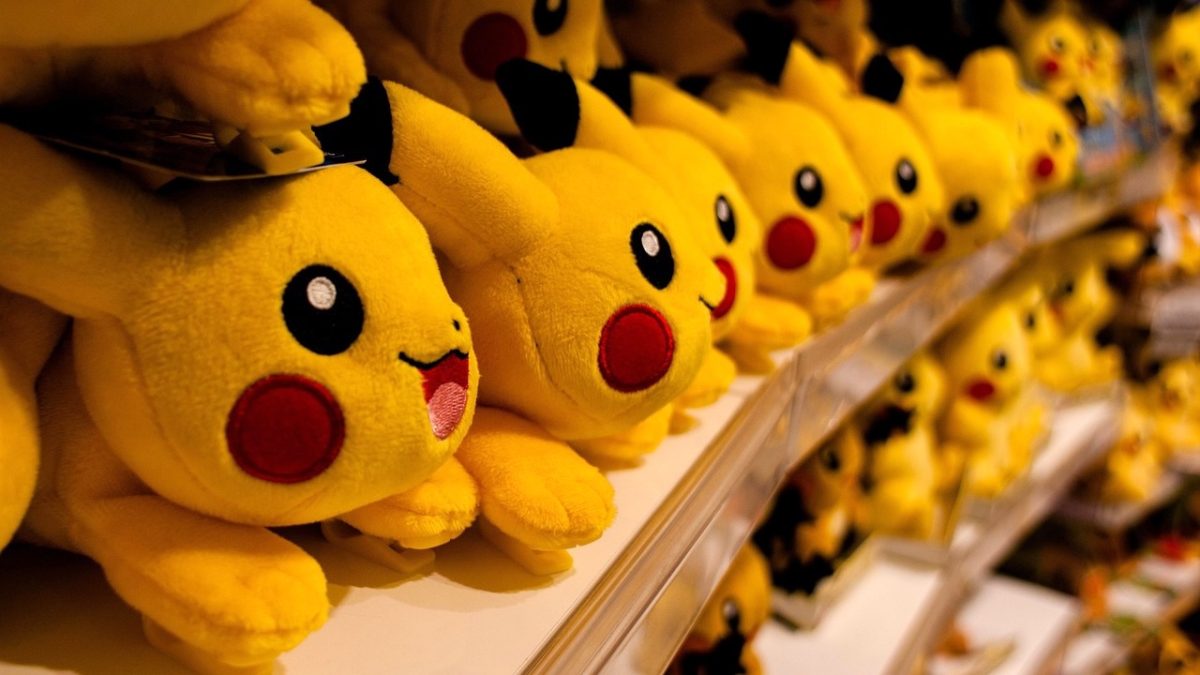Sleep is something every student needs, but how they fall asleep can differ from student to student.
Director of the Wellness Connection Faith Yingling has college student-friendly tips to help fall asleep.
“Having a sleep ritual before bed can help students fall asleep,” Yingling said. “It’s hardest for college students, where you have to wake up at the same time and go to sleep at the same time, even on weekends.”
There are many things a student can do to keep a routine, including having a comfortable bed and pillow and a cold environment, Yingling said.
“Having a sleep-conducive environment is key,” Yingling said. “Some things students can use to fall asleep is listening to white noise, music, reading before bed … a lot use fans.”
The LA Times posted an article highlighting different products people can buy who are having trouble falling asleep. One product mentioned was White Noise Machine by Sound Oasis priced at $59.99.
For some students who don’t want to shell out money for sleep, they may listen to music.
Junior Kendra Shellhammer is one of those students.
“Having music playing helps me fall asleep,” Shellhammer said. “Whatever comes up. I have a good mix of rock, country and alternative. My music will play for about an hour then shut off.”
Sophomore Joe MacQuarrie agrees with Shellhanner.
“I play music in the background and any music that comes up is fine with me,” MacQuarrie said. “It takes my mind off of everything. It’s a nice thing to have.”
In order to get a good nights rest, students may take sleeping medication. But Yingling discourages the use of drugs for sleeping.
“Create a sleep environment instead of using drugs to induce sleep,” Yingling said. “You don’t want to become reliant on them, you don’t know what the long term effects are. If you are taking others, there could be negative side-effects of the mix.”
One common misconception students may have about sleep is alcohol use.
“It is a depressant but it interrupts with sleep,” Yingling said. “It may help you go to sleep but you don’t get a good sleep, so it can magnify and make sleep deprivation worse.”
Sleep helps with better performance throughout the day, Yingling said.
“It helps with motor and cognitive functions,” she said. “It’s needed to get back to normal functioning, putting things back together.”
The LA Times wrote about two different products that can help monitor sleep. One is a free app called Sleep Studio+ and the other is a bracelet-like design for UP by Jawbone, which costs $129.
Senior Tarren Bland may not use the products, however he does listen to music or the TV when trying to fall asleep.
“I fall asleep and it’s still playing but if I wake up I turn it off,” Bland said. “I don’t need it but it’s soothing to me.”













